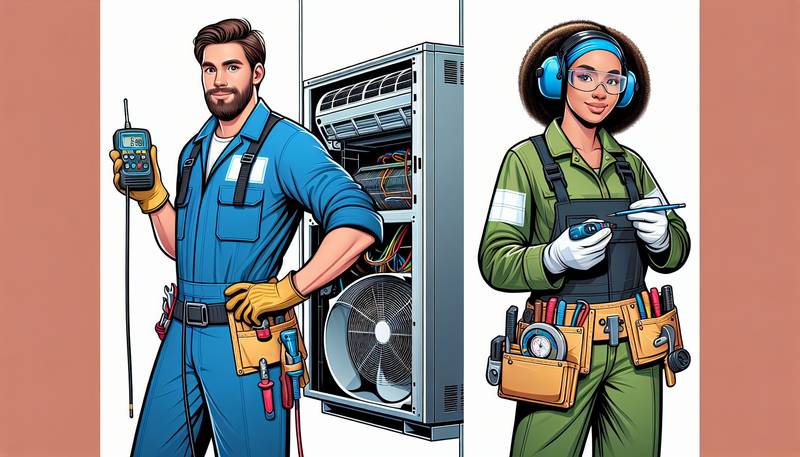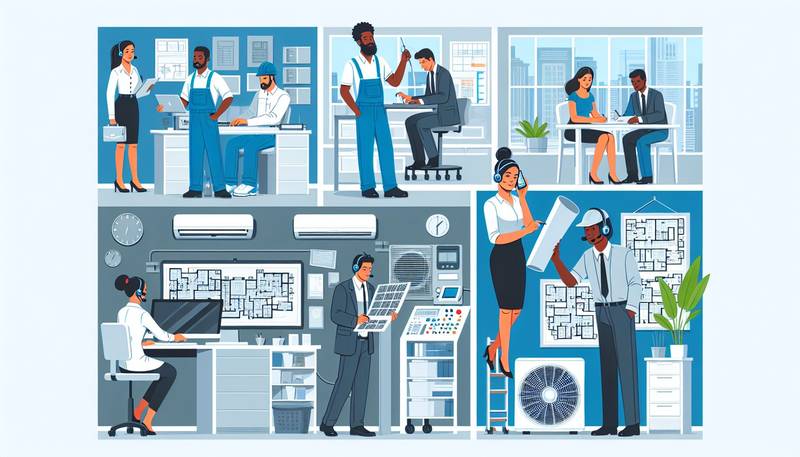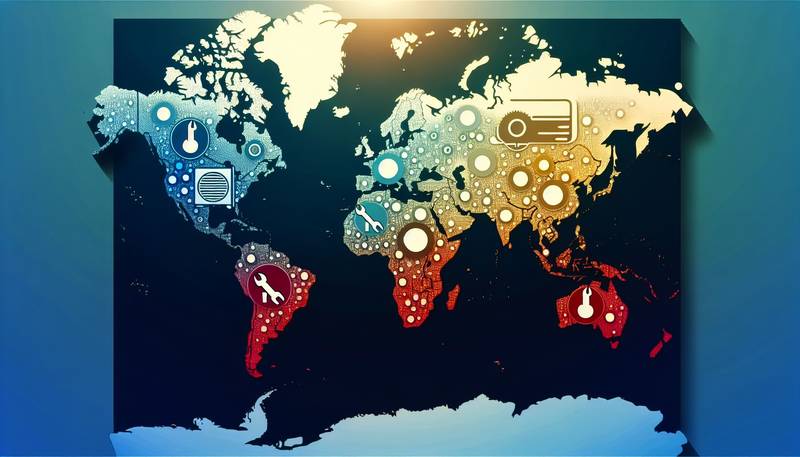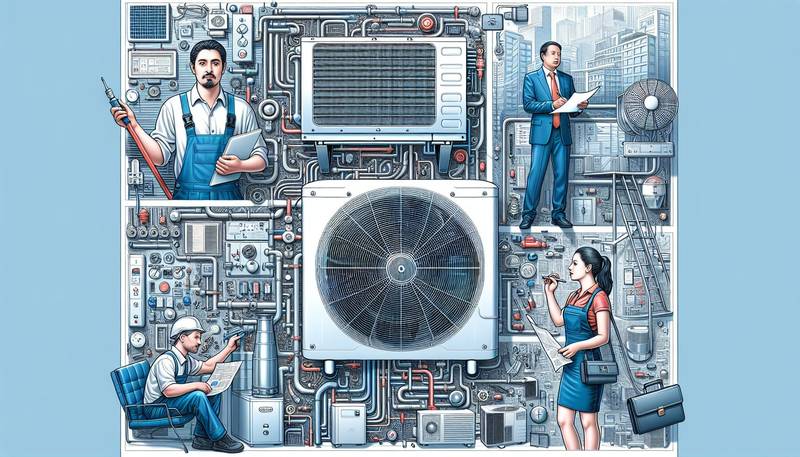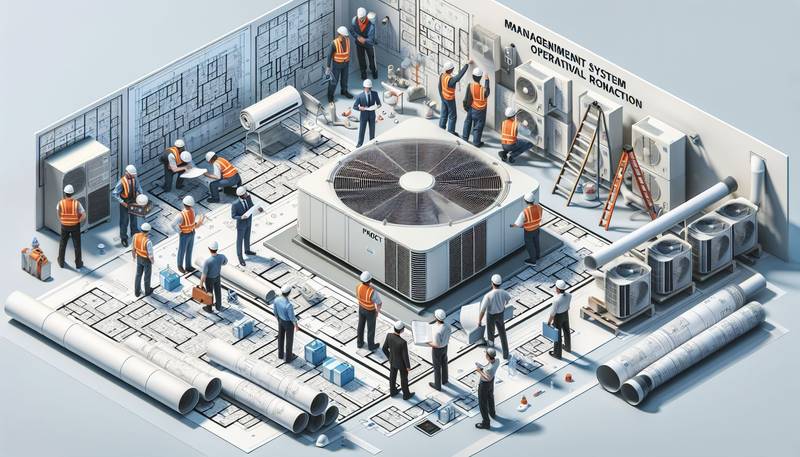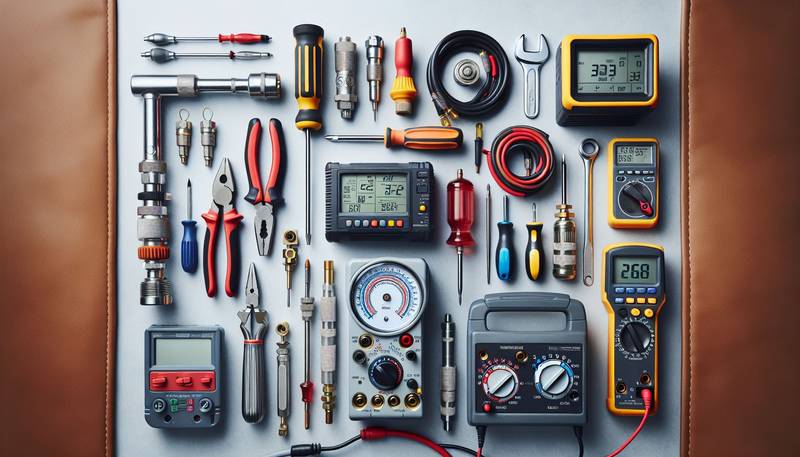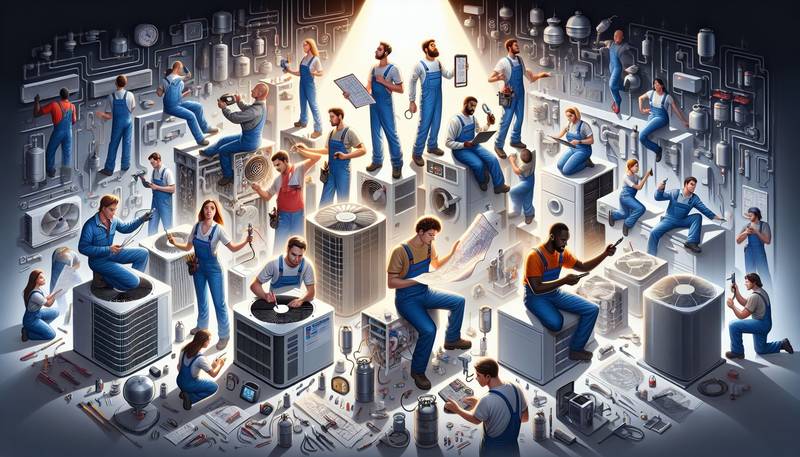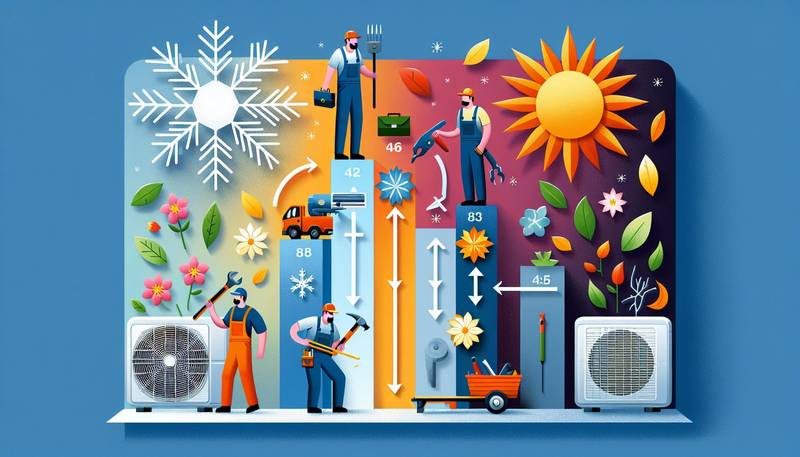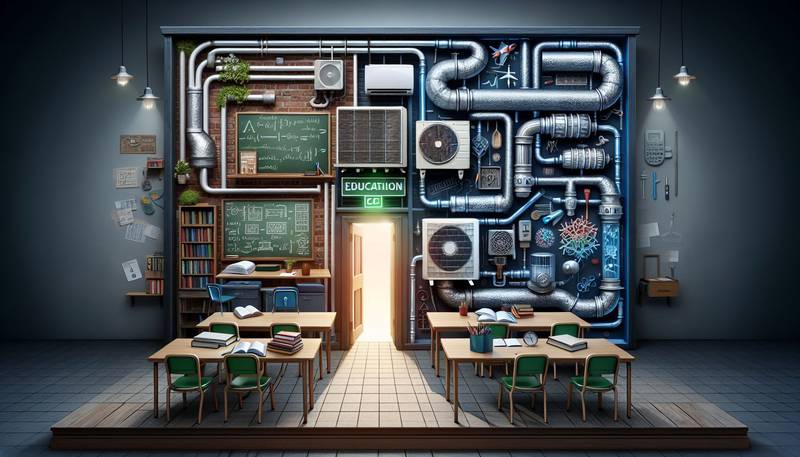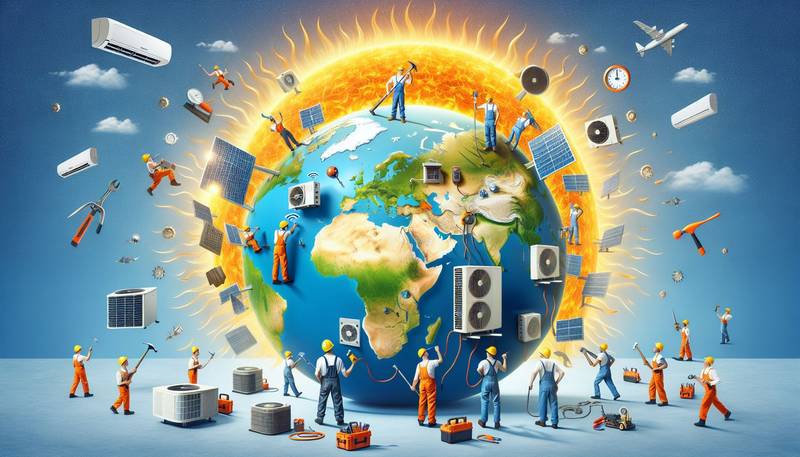HVAC vs. Air Conditioning Careers: Understanding the Differences
Understanding the variances in these career paths can help individuals determine which path is the right fit for their skills and interests.
HVAC Careers
HVAC technicians are responsible for installing, maintaining, and repairing heating, ventilation, and air conditioning systems in residential, commercial, and industrial settings. These professionals are trained to work with a wide range of heating and cooling equipment, including furnaces, air conditioners, heat pumps, and ventilation systems. HVAC technicians must possess a comprehensive understanding of mechanical systems, electrical components, and refrigeration principles to effectively diagnose and resolve issues with HVAC systems.
One of the primary tasks of an HVAC technician is to conduct routine maintenance on heating and cooling systems to ensure they operate efficiently and safely. This involves inspecting equipment, cleaning components, and replacing filters to prevent costly breakdowns and extend the lifespan of the system. HVAC technicians are also responsible for troubleshooting issues with HVAC systems, such as poor airflow, erratic temperatures, and unusual noises, to identify the root cause of the problem and implement the necessary repairs.
Air Conditioning Careers
Air conditioning technicians specialize in the installation, maintenance, and repair of air conditioning systems in residential and commercial buildings. These professionals focus specifically on cooling systems and possess expertise in refrigeration principles, air distribution, and thermostat controls. Air conditioning technicians work with a variety of cooling equipment, including central air conditioners, ductless mini-split systems, and window units, to provide comfort and climate control in indoor spaces.
One of the key responsibilities of an air conditioning technician is to assess the cooling needs of a building and recommend the most appropriate cooling system for the space. This involves evaluating factors such as square footage, insulation levels, and occupancy patterns to determine the optimal cooling capacity required to maintain a comfortable indoor environment. Air conditioning technicians must also ensure that cooling systems are installed correctly and calibrated to operate efficiently and effectively.
Key Differences
While both HVAC and air conditioning careers involve working with heating and cooling systems, there are several key differences between the two roles. HVAC technicians are trained to work with both heating and cooling equipment, whereas air conditioning technicians specialize exclusively in cooling systems. HVAC technicians typically work in a broader range of settings, including residential, commercial, and industrial properties, while air conditioning technicians focus primarily on residential and light commercial applications.
Another key difference between HVAC and air conditioning careers is the availability of job opportunities and potential for career advancement. HVAC technicians have a broader skill set and are qualified to work on a wider variety of systems, which can provide more opportunities for employment and career growth. Air conditioning technicians, on the other hand, may have more specialized skills but may be limited in the types of systems they can work on, which could impact their career prospects.
Conclusion
In summary, while HVAC and air conditioning careers both involve working with heating and cooling systems, there are distinct differences between the two roles in terms of training, responsibilities, and job prospects. Individuals interested in pursuing a career in the HVAC industry should carefully consider the differences between HVAC and air conditioning careers to determine which path aligns with their skills, interests, and career goals. By gaining a thorough understanding of the nuances of these career paths, aspiring HVAC professionals can make informed decisions about their future in the industry.
